Experience relaxation and peace in your Mount Laurel backyard with our proven mosquito control solution. Trusted by families in Mount Laurel, our innovative approach not only repels mosquitoes but also establishes a durable barrier customized to your outdoor environment. Mosquito Shield of Southern New Jersey is dedicated to creating mosquito-free zones, so you can enjoy your outdoor spaces without interruption.
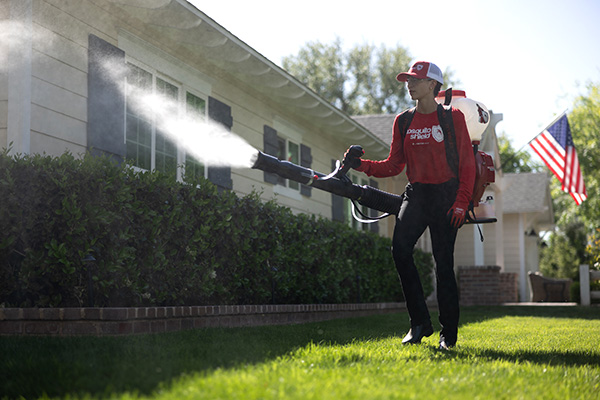
Effective mosquito control in Mount Laurel, NJ, that drives mosquitoes away and keeps them out of your yard.

Enjoy mosquito-free outdoor time in Mount Laurel with treatments designed to provide lasting results.
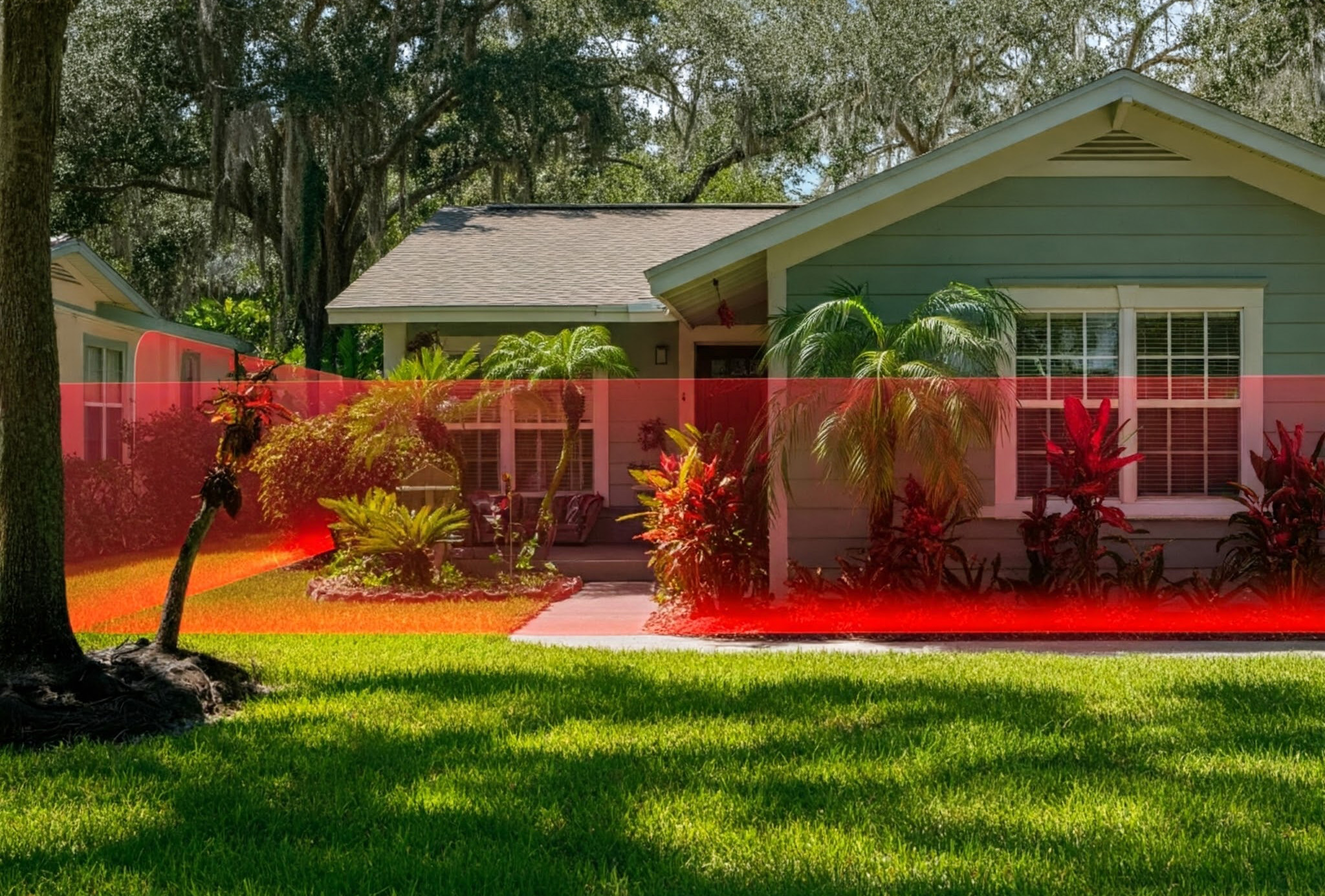
Highly rated mosquito control services in Mount Laurel, trusted by residents to enhance outdoor living.

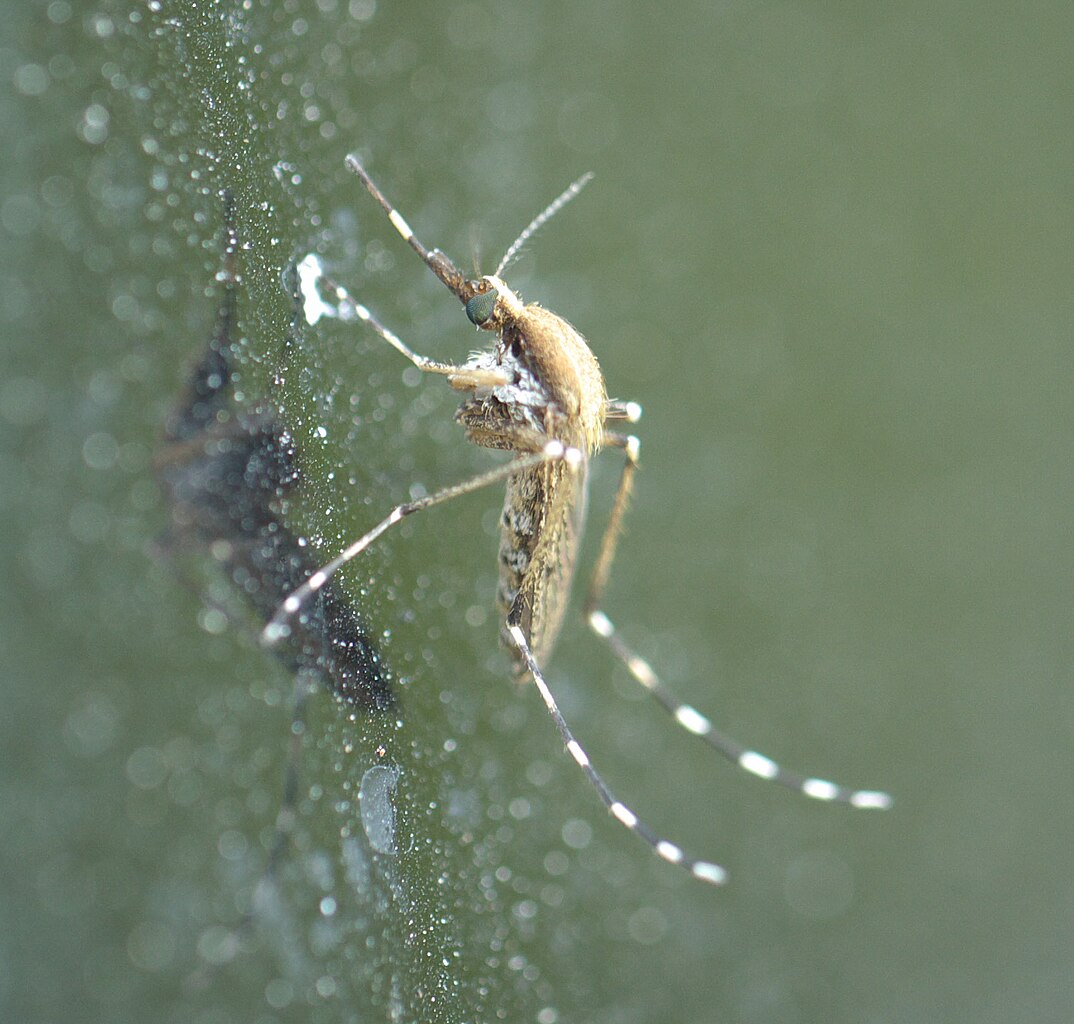
Identification: Medium-sized mosquito with dark scales and distinctive white banding on the legs.
Habitat: Found along coastal marshes, salt flats, and brackish wetlands—especially near the Jersey Shore.
Behavior: Very aggressive biter, active during dawn and dusk. Can travel up to 20 miles inland in search of hosts.
Health Risks: While not a major disease vector, its abundance and range make it a significant nuisance and contributor to regional biting pressure.
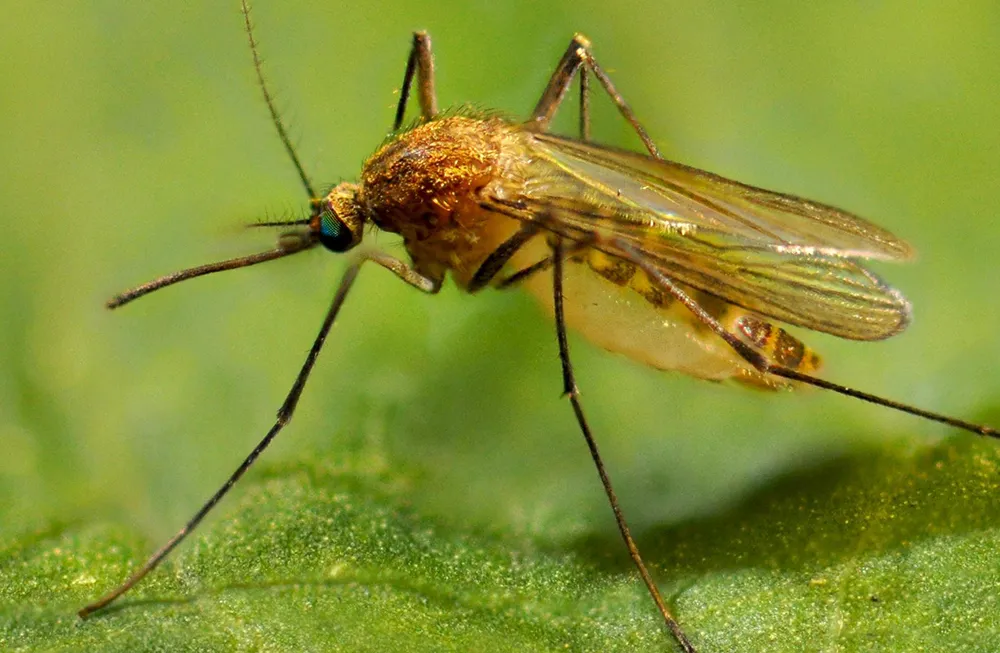
Identification: Small brown mosquito with a rounded abdomen and pale banding on its legs.
Habitat: Prefers polluted, stagnant water such as storm drains, old containers, and rain barrels—especially in urban and suburban areas.
Behavior: Nighttime biter; often enters homes and bites while people sleep.
Health Risks: Primary vector for West Nile virus in New Jersey. Also known to carry St. Louis encephalitis and other arboviruses.
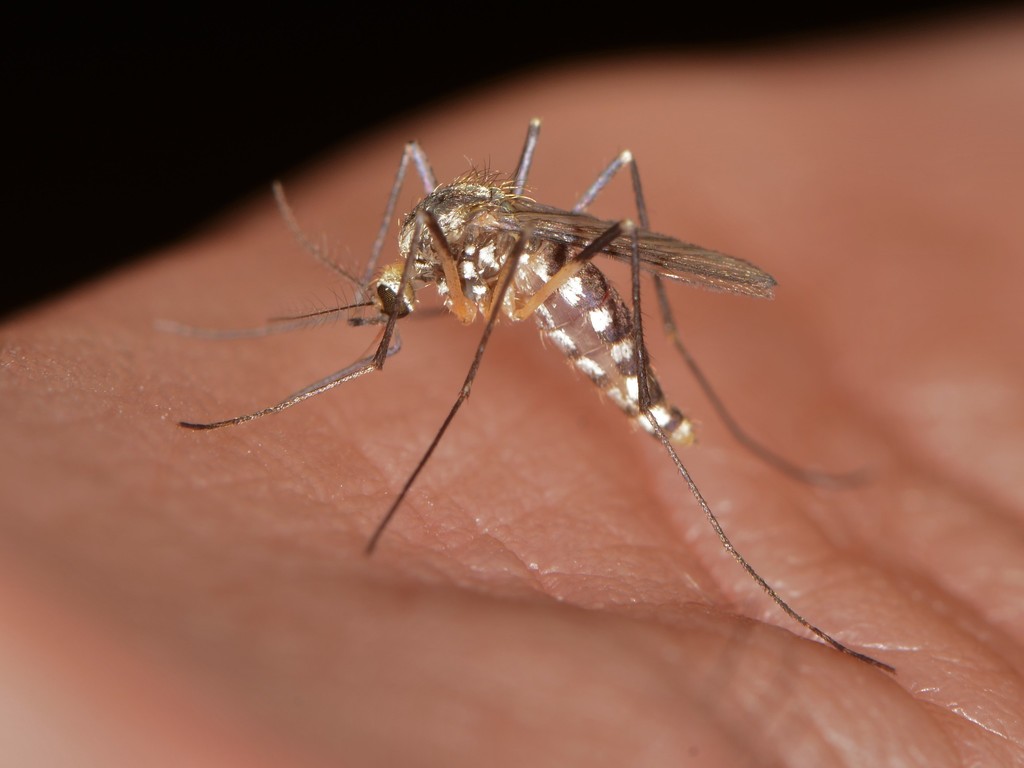
Identification: Dark mosquito with a silver-scaled thorax and narrow body.
Aedes triseriatus (Eastern Tree Hole Mosquito)
Habitat: Breeds in natural containers like tree holes and artificial ones like tires and buckets in shaded woodlands and backyards.
Behavior: Active during the day; females are aggressive and target mammals, including humans.
Health Risks: Primary vector of La Crosse encephalitis, which can be especially dangerous for children.
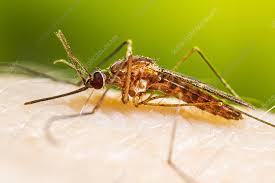
Identification: Brown mosquito with four dark spots on each wing and a distinctive resting posture (body angled away from surface).
Habitat: Clean, slow-moving freshwater sources like ponds, lakes, and forested wetlands.
Behavior: Bites at dusk and dawn; rests indoors or in cool, damp areas.
Health Risks: Historically a malaria vector, though not a current threat in New Jersey. Still contributes to nuisance biting in rural and semi-rural areas.
Mount Laurel, New Jersey, located in Burlington County, is a welcoming suburban community known for its family-friendly neighborhoods, excellent schools, and convenient access to both Philadelphia and the Jersey Shore. Outdoor destinations like Laurel Acres Park, Rancocas State Park, and Strawbridge Lake provide residents with plenty of opportunities for recreation and relaxation. However, the township’s humid climate, combined with its wooded areas and water features, creates an environment where mosquito and tick populations thrive for much of the year.
Residents of Mount Laurel face seasonal exposure to mosquito-borne illnesses such as West Nile Virus and Zika Virus, as well as tick-borne diseases like Lyme disease and Rocky Mountain Spotted Fever. With so many families enjoying time outside on trails, fields, and backyards, proactive mosquito and tick management becomes an important part of maintaining community well-being.
To reduce these risks, residents are encouraged to:
Remove standing water from around homes, including in planters, gutters, and birdbaths.
Apply insect repellent and wear long sleeves and pants during dawn and dusk when mosquito activity peaks.
Arrange consistent professional mosquito and tick treatments to help reduce populations in residential and shared outdoor spaces.
The Burlington County Mosquito Control Division regularly monitors and conducts mosquito control efforts in Mount Laurel, which include ground treatments and surveillance to minimize the spread of mosquito-borne diseases.
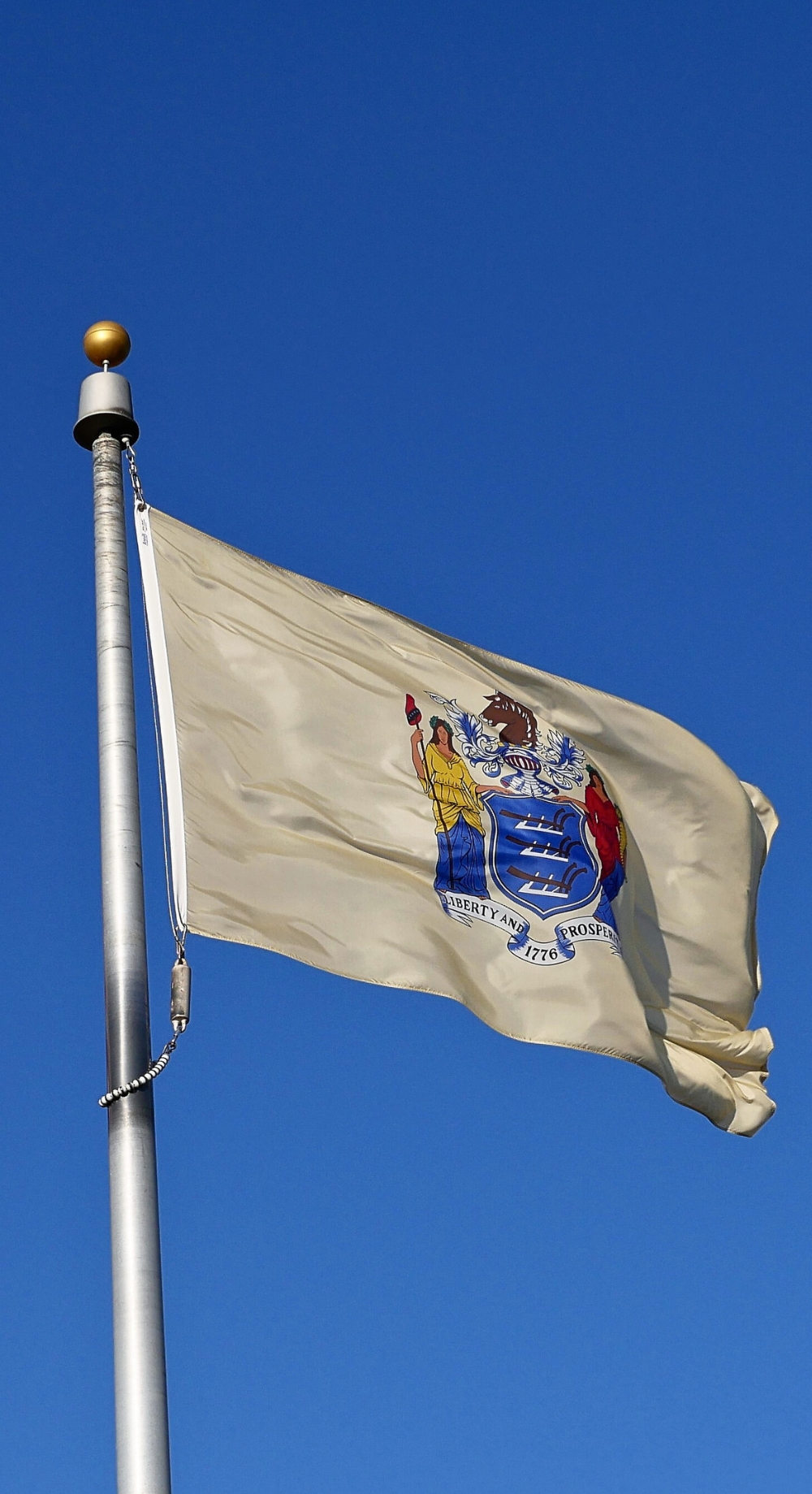
Mount Laurel experiences hot, humid summers and cool winters, resulting in extended mosquito and tick activity from late spring through early fall. Regular rainfall, irrigation in residential areas, and the township’s proximity to streams and ponds provide conditions that allow mosquitoes to breed quickly. Dense vegetation, shaded trails, and wooded backyards also create favorable habitats for ticks.
Key Factors Influencing Pest Activity in Mount Laurel:
Mosquitoes and Water Sources: Nearby lakes, drainage areas, and retention ponds increase mosquito activity, especially after heavy rainfall.
Ticks and Vegetation: Wooded landscapes, hiking paths, and thick shrubbery provide the shaded environments ticks rely on, particularly in spring and fall.

